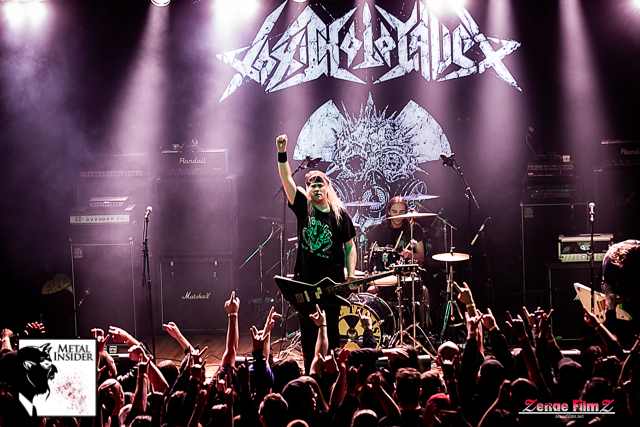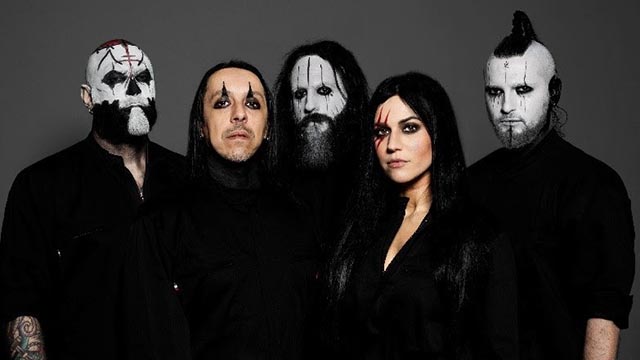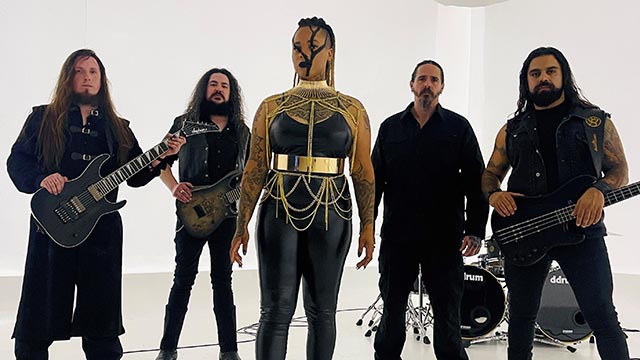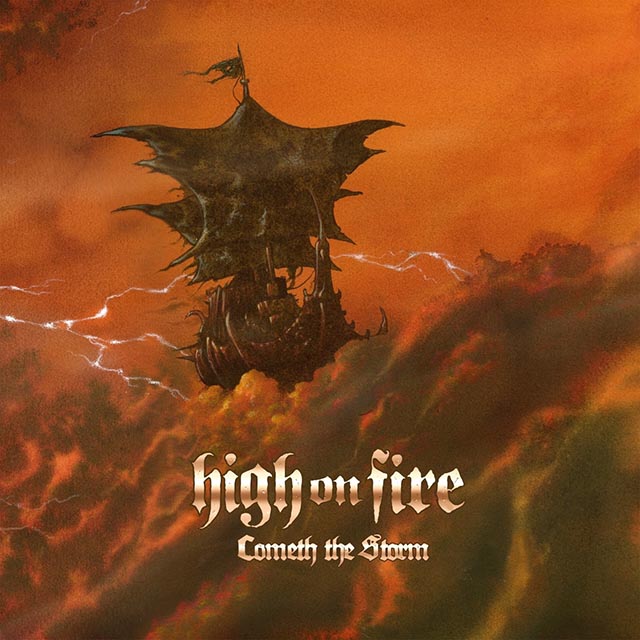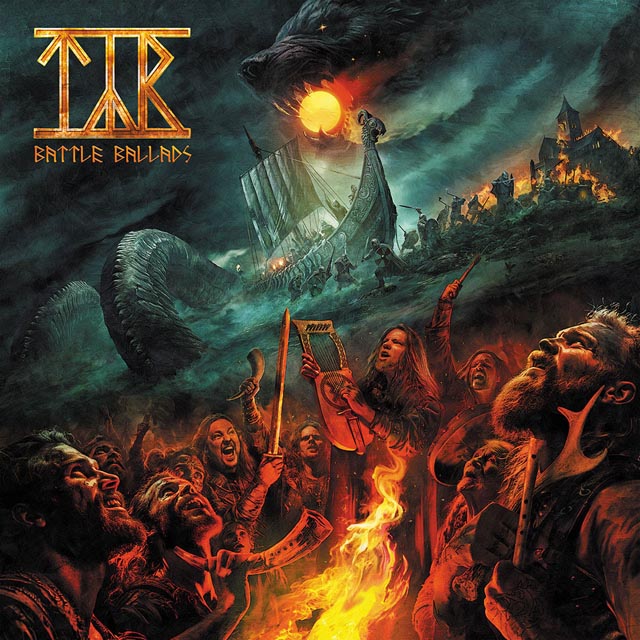
From the beginning of the COVID-19 pandemic, the music industry has been upended with venues going dark for months on end and thousands left without jobs. Now six months in, a new normal is starting to set in as certain bright spots start to emerge.
A new survey conducted by Pollstar and VenuesNow has been published taking a look at what insiders are saying about the state of the music industry. Speaking to a small cross-section of venues, promotors, talent buyers, production, crew, managers, ticketers, agents and multi-hyphenates, the poll sought information about how the industry is “managing during the pandemic and economic crisis” and how it might make its comeback.
Said Ray Waddell, president of OVG Media & Conferences, the company that runs Pollstar and VenuesNow, in a statement about the poll (as reported by Metal Injection):
“We embarked on this survey project with the goal of taking the pulse of an industry that has not only been hammered by the pandemic like few others, but also to discover their views on the social unrest from their unique perspective as purveyors of the cultural touchstone that is live entertainment. While clearly there is a lot of angst and concern regarding the realities of both our social issues and the future business of live, there is also much hope and optimism that this industry we love can not only return to greatness, but also return as a more diverse and equitable business than ever before. We thank all those who participated in this unprecedented survey.”
Pollstar starts off with some good news. The slight majority of those polled, more than 54%, believe that live music will be back to normal by mid-late 2021 (16.26% saying by quarter 2, 24.76% saying quarter 3 and 11.6% saying quarter 4). By comparison, 30.6% said that they don’t think we’ll see normality until 2022. Pollstar chalks this up to the fact that we’re already seeing some progress towards shows returning with successful socially distanced shows, drive-in concerts and the like happening around the US and the slow introduction of indoor concerts in Europe.
The poll also shows that workers are ready to get back to business, especially if there are health guidelines (or rapid testing) set up for their protection. Approximately 60% said they would be willing to come back now or once guidelines are in place as opposed to 31.33% who said they wouldn’t.
Businesses also overwhelmingly (75%) said that they would open at limited capacity as things begin to settle, as making some profit is better than not making any. However, those polled also said that it wasn’t a good long-term solution, as it wouldn’t be a financially stable way of doing business.
Financial insecurity was the biggest issue industry insiders have coming through the pandemic. With venues closed and touring at a near standstill, 67.4% of those polled said that they lost between 76-100% of their business. More than 72% were concerned that their businesses wouldn’t be able to survive past a year, with 37% saying they won’t last past six months. Approximately 38.6% of those polled admitted that they took on significant debt during this time, with 56.2% saying that they asked for or received government assistance. Many businesses had to make major layoffs or furloughs and take pay cuts to survive. As for whether people feel that the government did enough for the industry, 75.2% said that they did not give “proper consideration to the plight of the sports and live entertainment industry as compared to other impacted industries such as airlines, hotels, restaurants/retail.”
Even with some of the positive outlooks coming from the poll, getting back to normal will still be an uphill battle. While some companies, like Live Nation, have had a plan since May, not everyone or everything in the music industry is so certain. As COVID-19 continues to be an issue in the US, tours that were postponed are getting postponed again or cancelled out of an abundance of caution, especially if the artists come from outside the country. It is also unknown if many of these venues will still be around to house shows in the future. Only time will tell.
The full report, which also includes information about diversity (or a lack thereof) in the music industry, from Pollstar can be viewed here.

